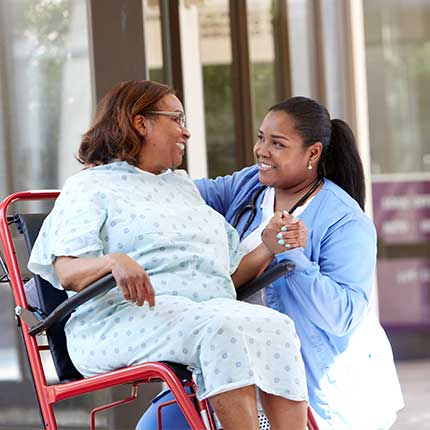Healthy Living
Six Tips for Keeping Kids Healthy While You’re Sick
Sore throat, runny nose, coughing, sneezing, headache? All signs point to a cold. Adults have an average of two to three colds a year, while children can have them more often. Though symptoms may last for seven to 10 days, the biggest challenge is keeping the sick germs from invading the home, taking your kids down with it. Here are a few tips for preventing the spread of a cold to your kids—when you’re the sick one.
- Wash hands regularly. Wash your hands for 20 seconds with soap and water. Viruses that cause colds can live on your hands and will easily spread to anything you touch. Remember to also help your children do the same.
- Use hand sanitizer. Have an alcohol-based sanitizer on hand, and use it when soap and water are not readily available. It may be best to use after you’ve blown your nose, coughed in your hands or have touched your eyes, nose or mouth.
- Consider wearing a face mask. When feeding a baby or helping your little ones get dressed for the day, wearing a disposable face mask will not only help prevent the spread of germs, but will also remind you to keep your hands away from your nose and mouth.
- Disinfect surface areas. Clean doorknobs, countertops, handles and any other areas you touch regularly throughout the home. Also disinfect the toys and objects your children frequently touch.
- Get rest. There is no cure for the common cold, but getting plenty of rest and drinking lots of fluids will help you feel better. While over-the-counter medicines can provide temporary relief of symptoms, they will not cure your cold. Taking the time to care of yourself will help you and your family remain healthy.
- Avoid sneezing or coughing near your children. Keeping your distance from others is the best form of preventing the spread of a cold, but that’s easier said than done with your own family. If at all possible, try moving to a different area from your kids before sneezing or coughing.
While preventative measures are helpful, they may not keep your family from catching a cold. It’s always a good idea to focus on your own recovery, and talk to your doctor if your symptoms worsen.
SOURCES:
Sign Up for Health Tips
Get our advice and upcoming events about weight, pain, heart and more.



